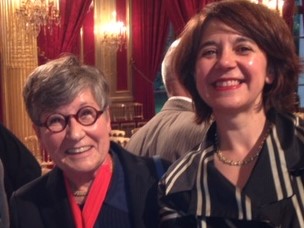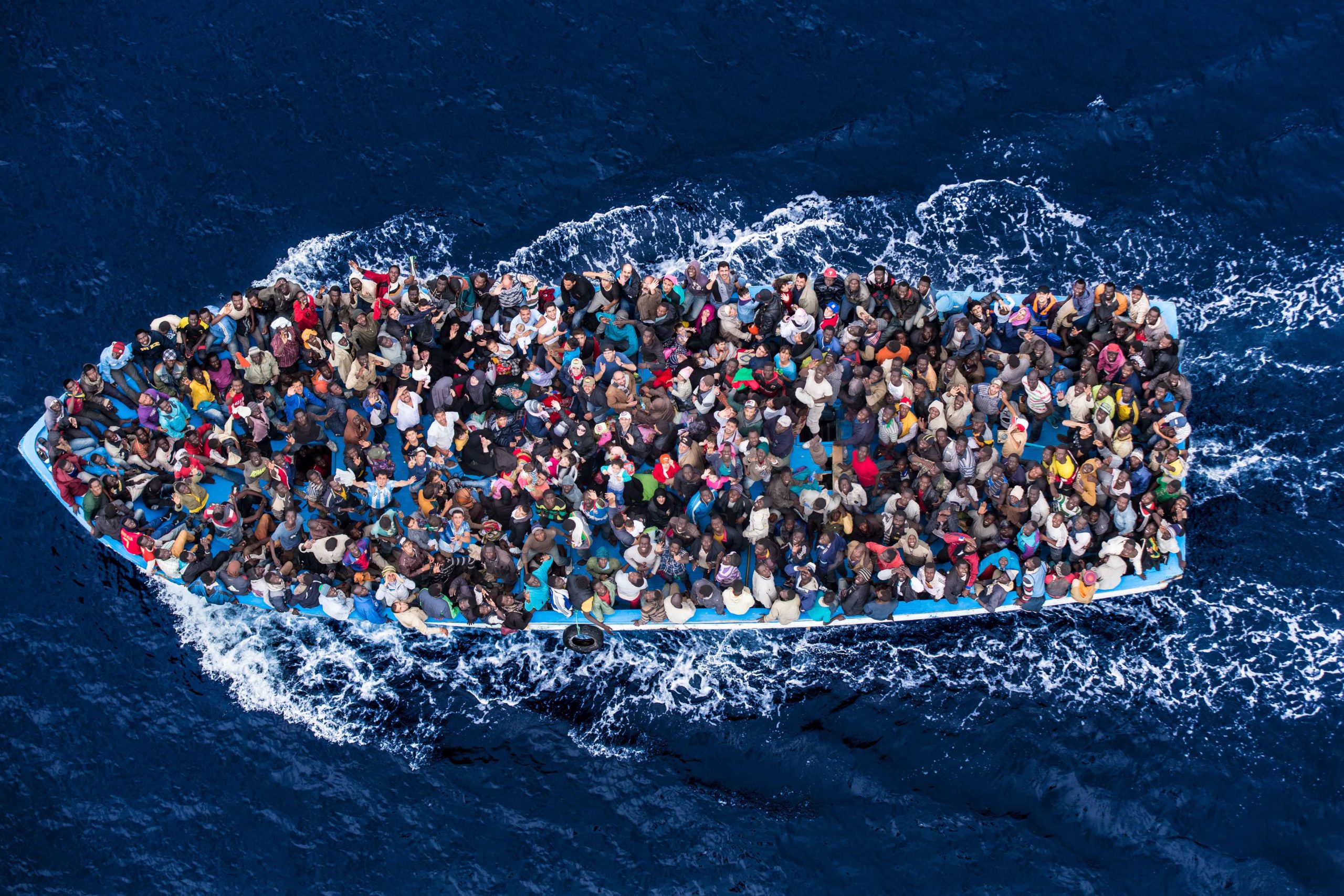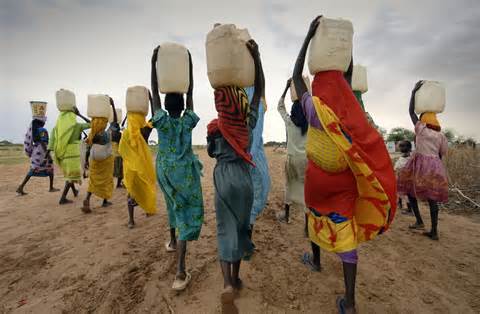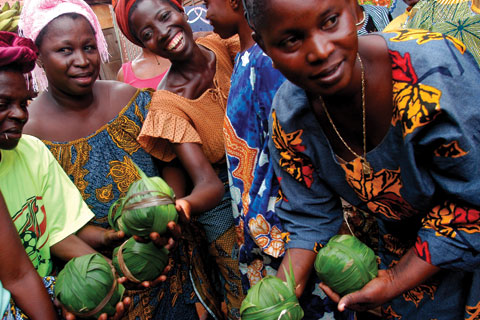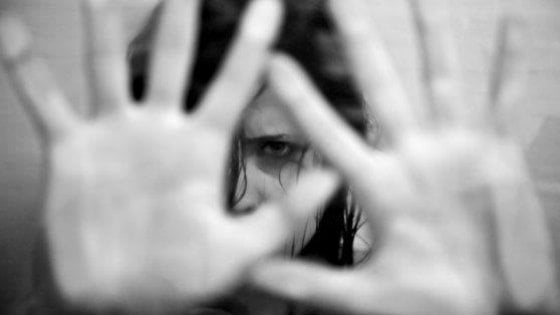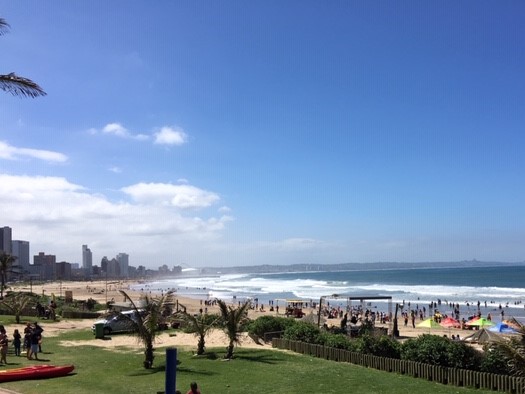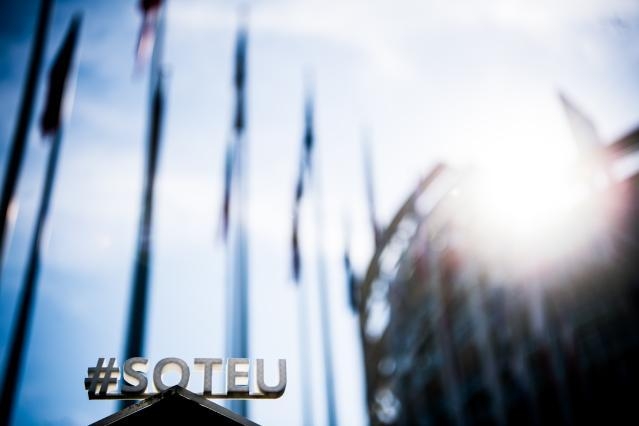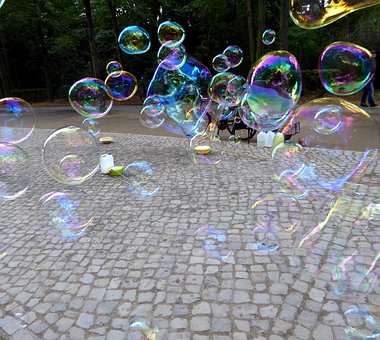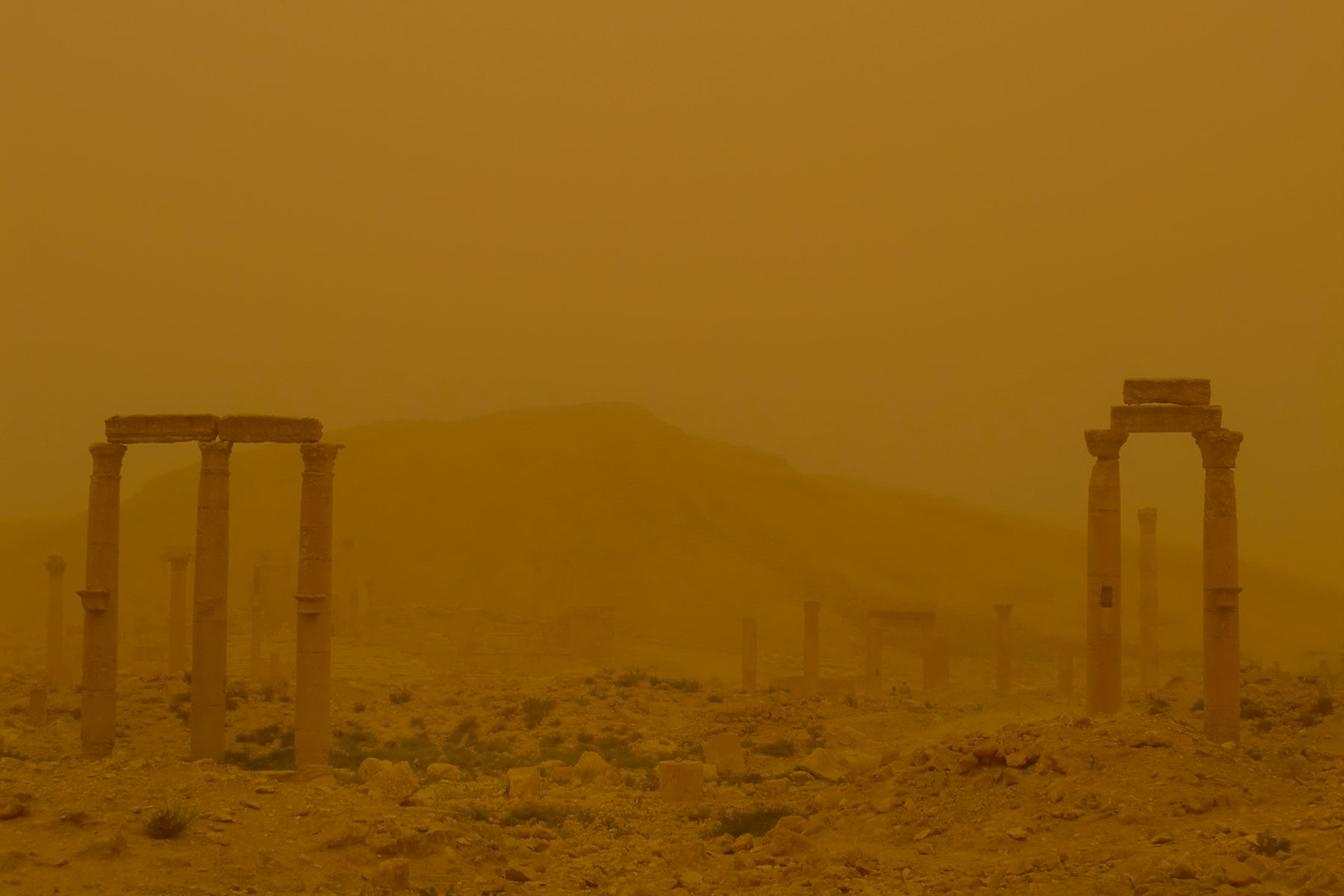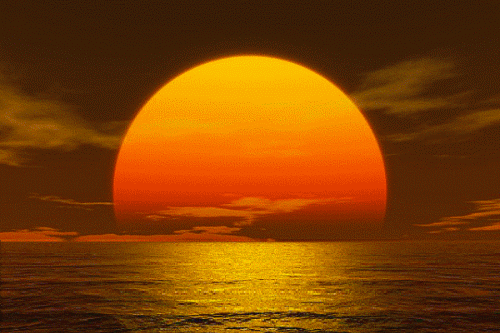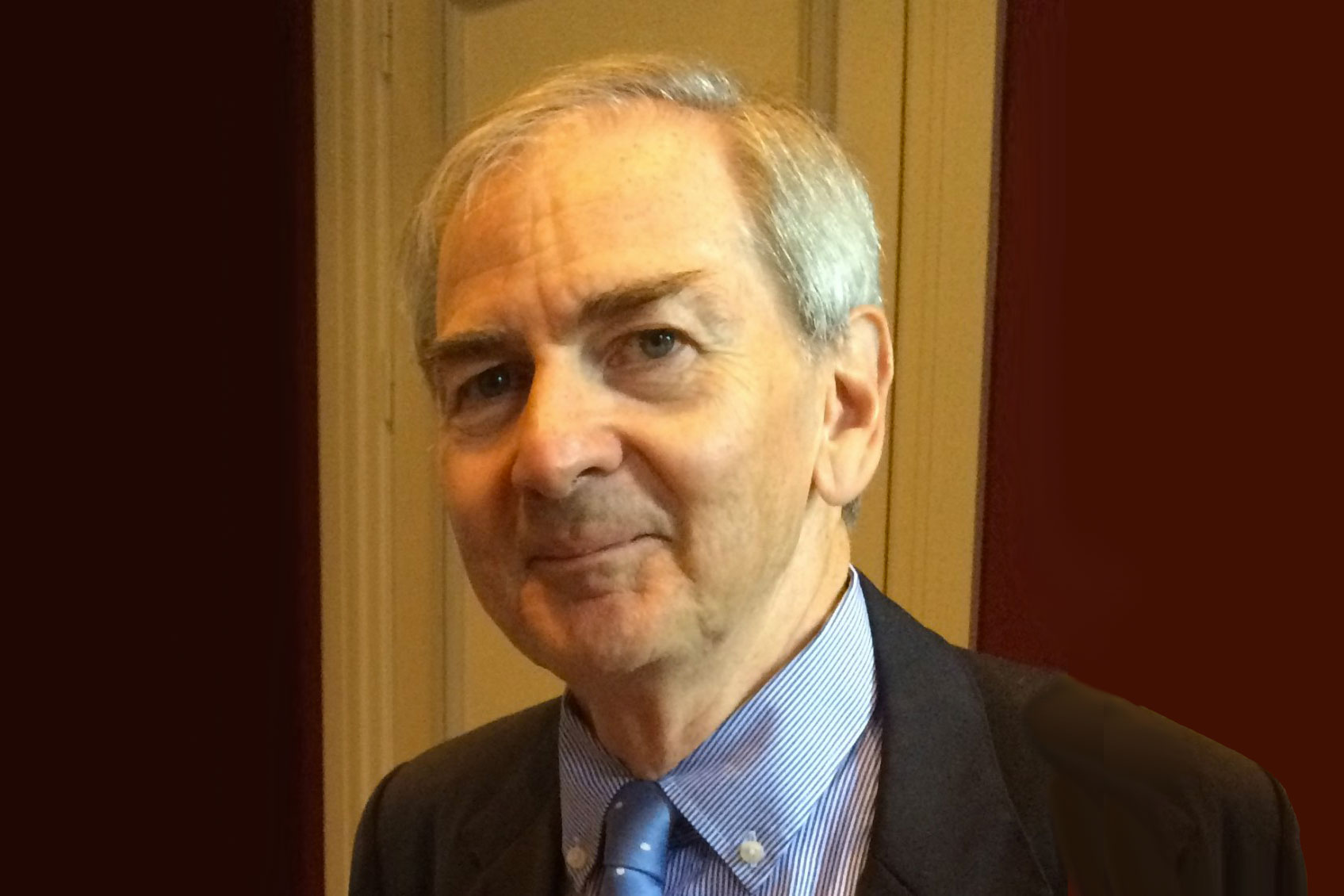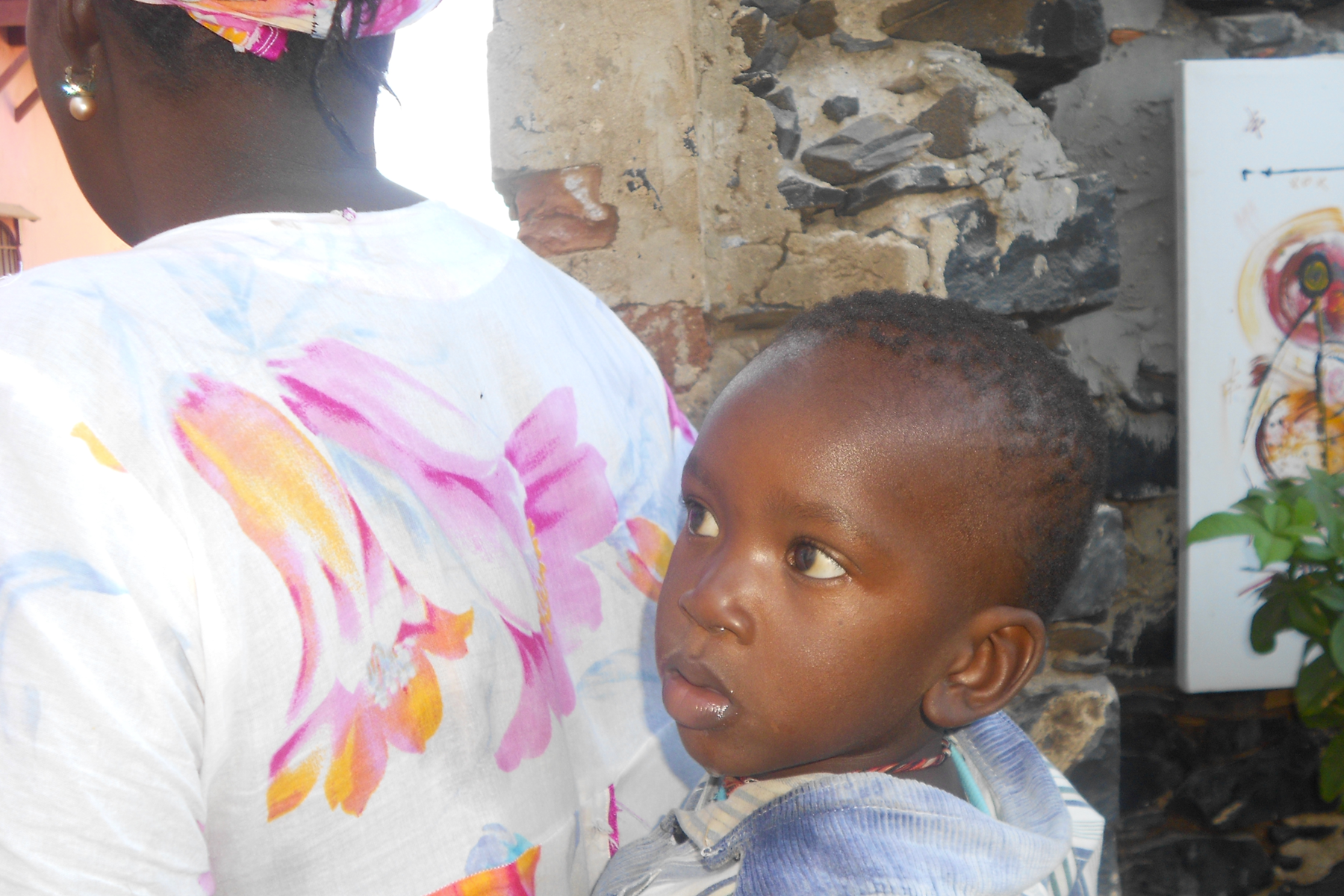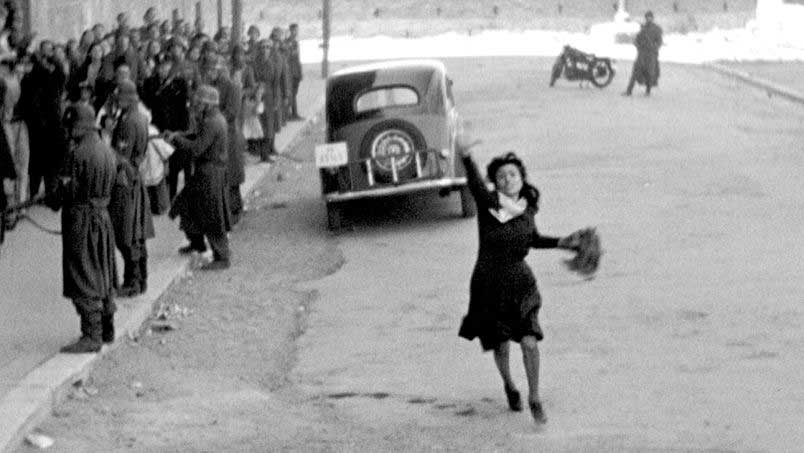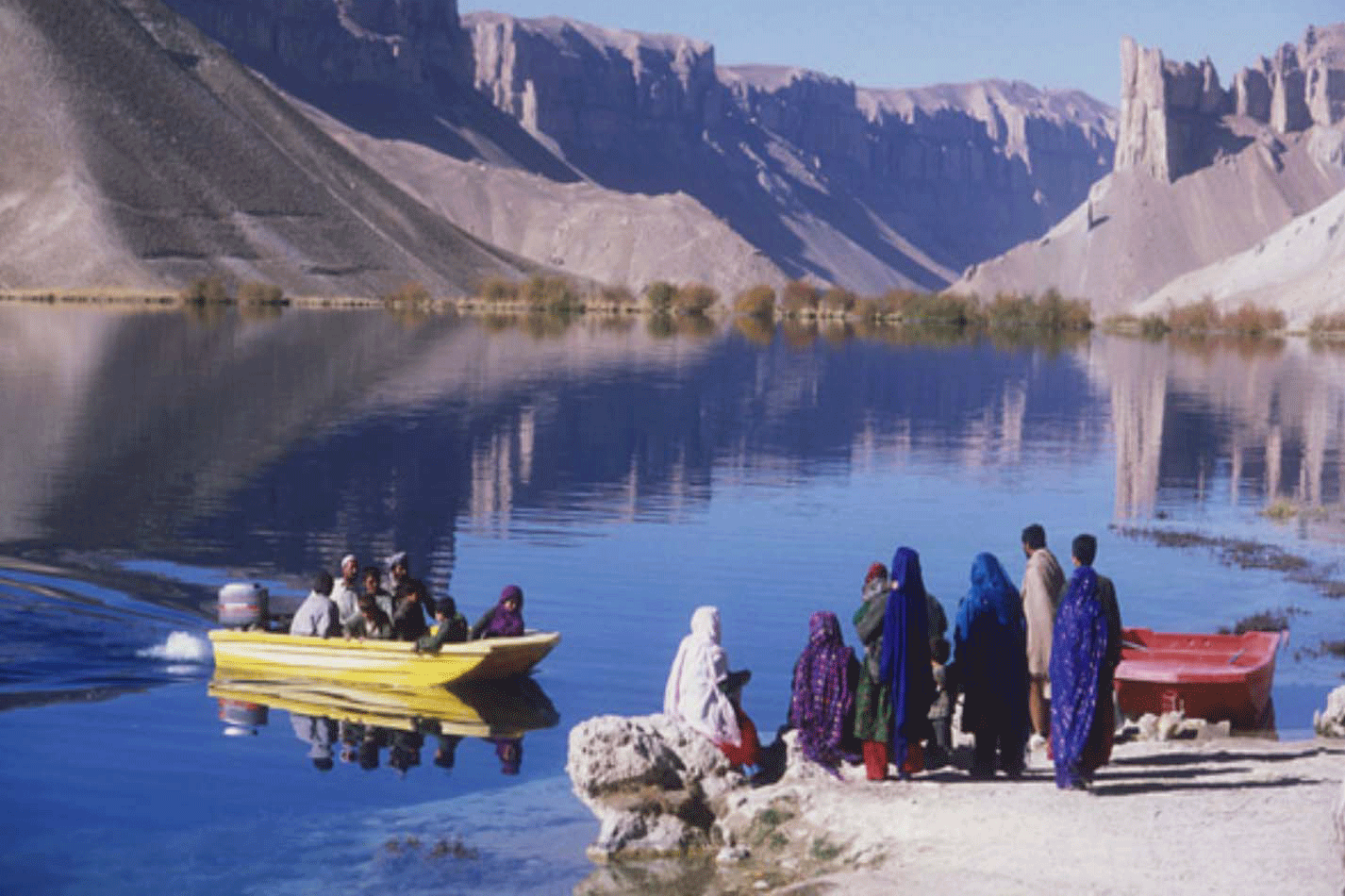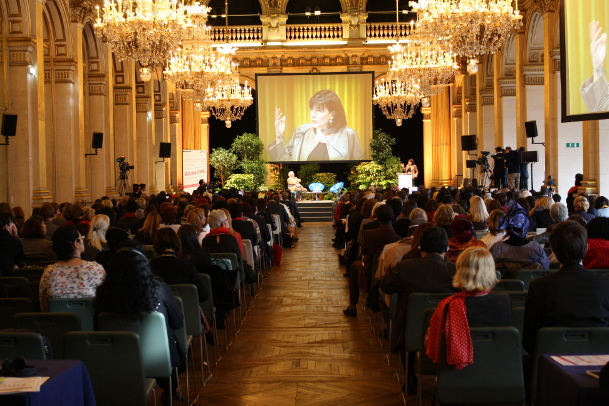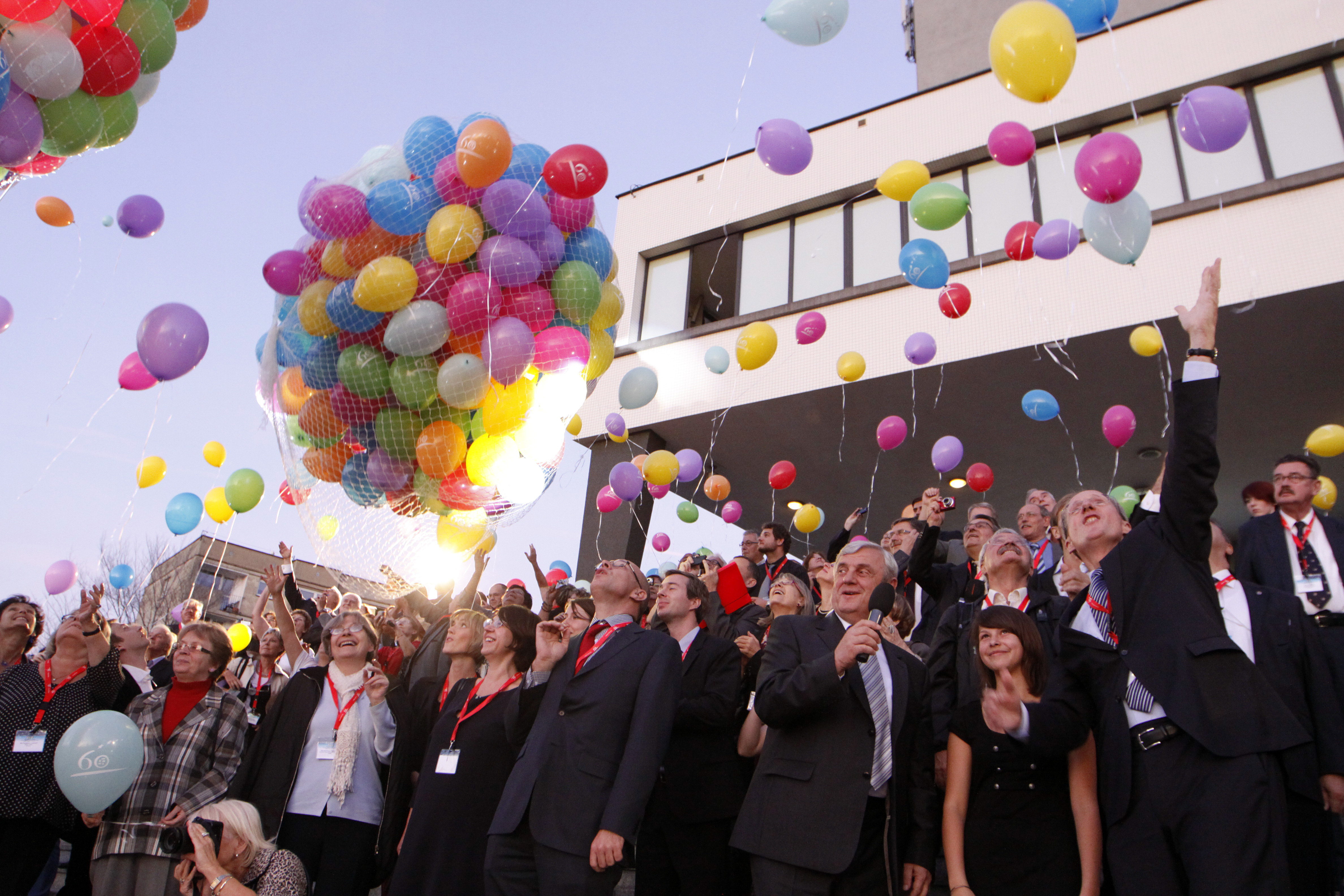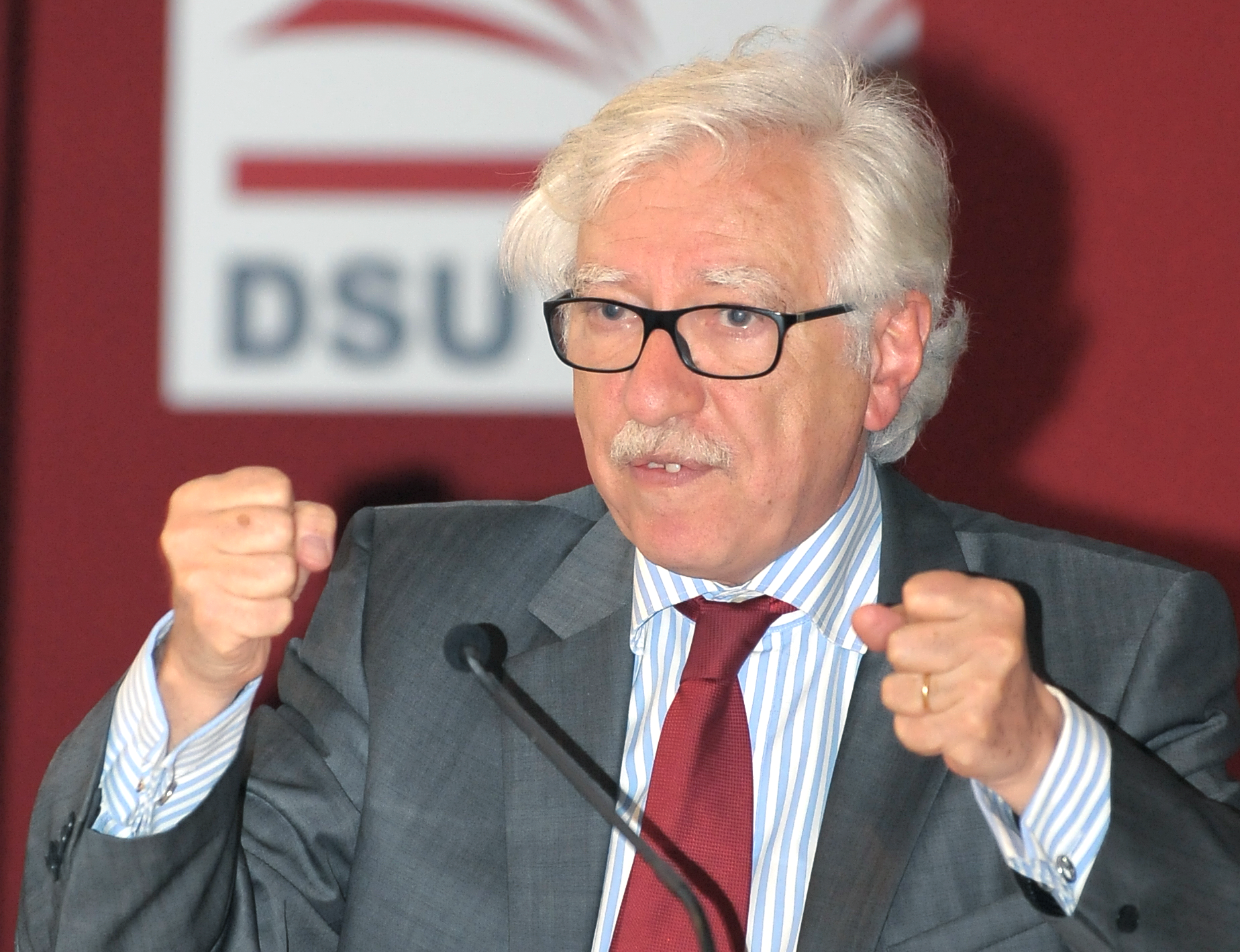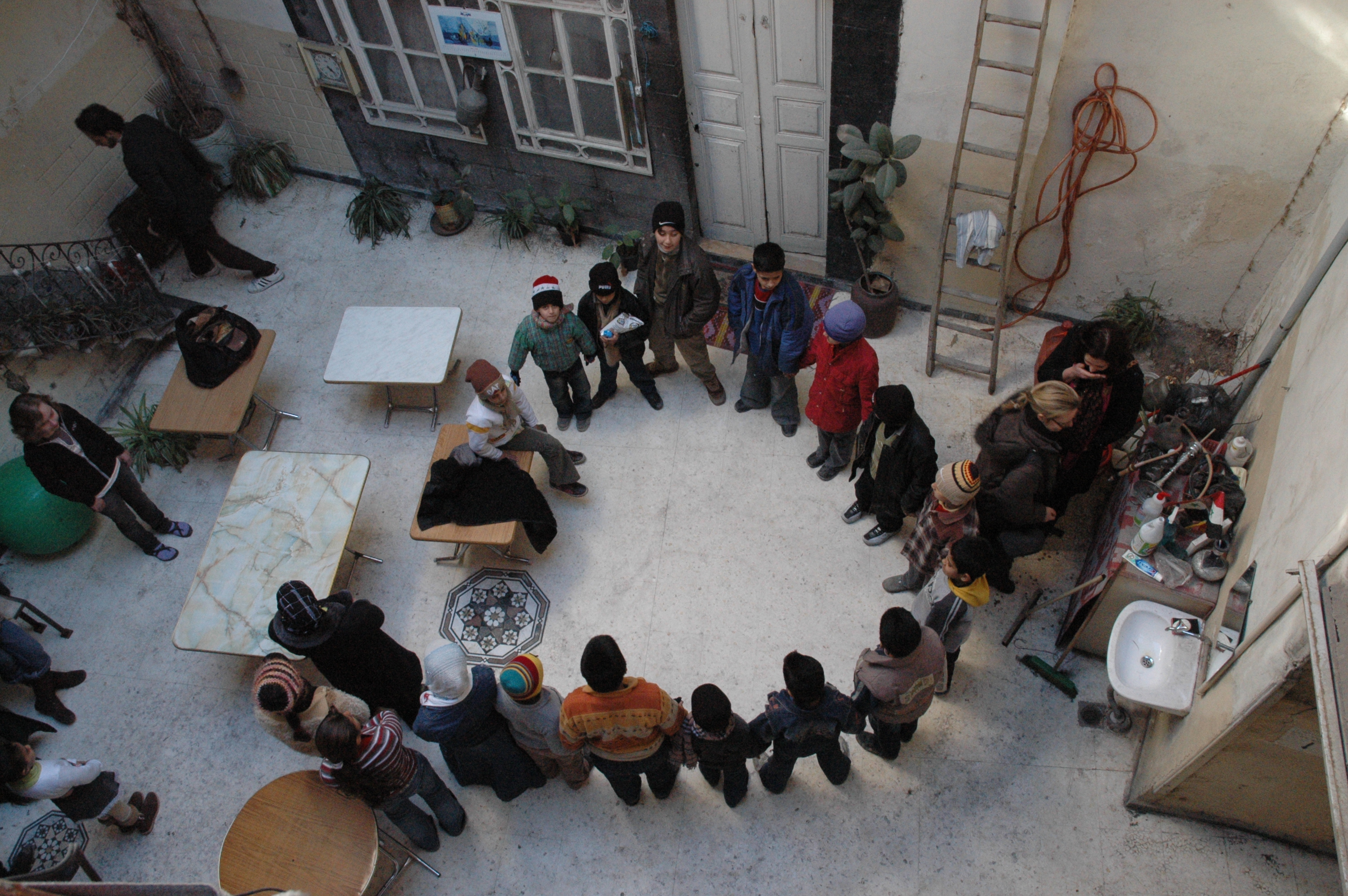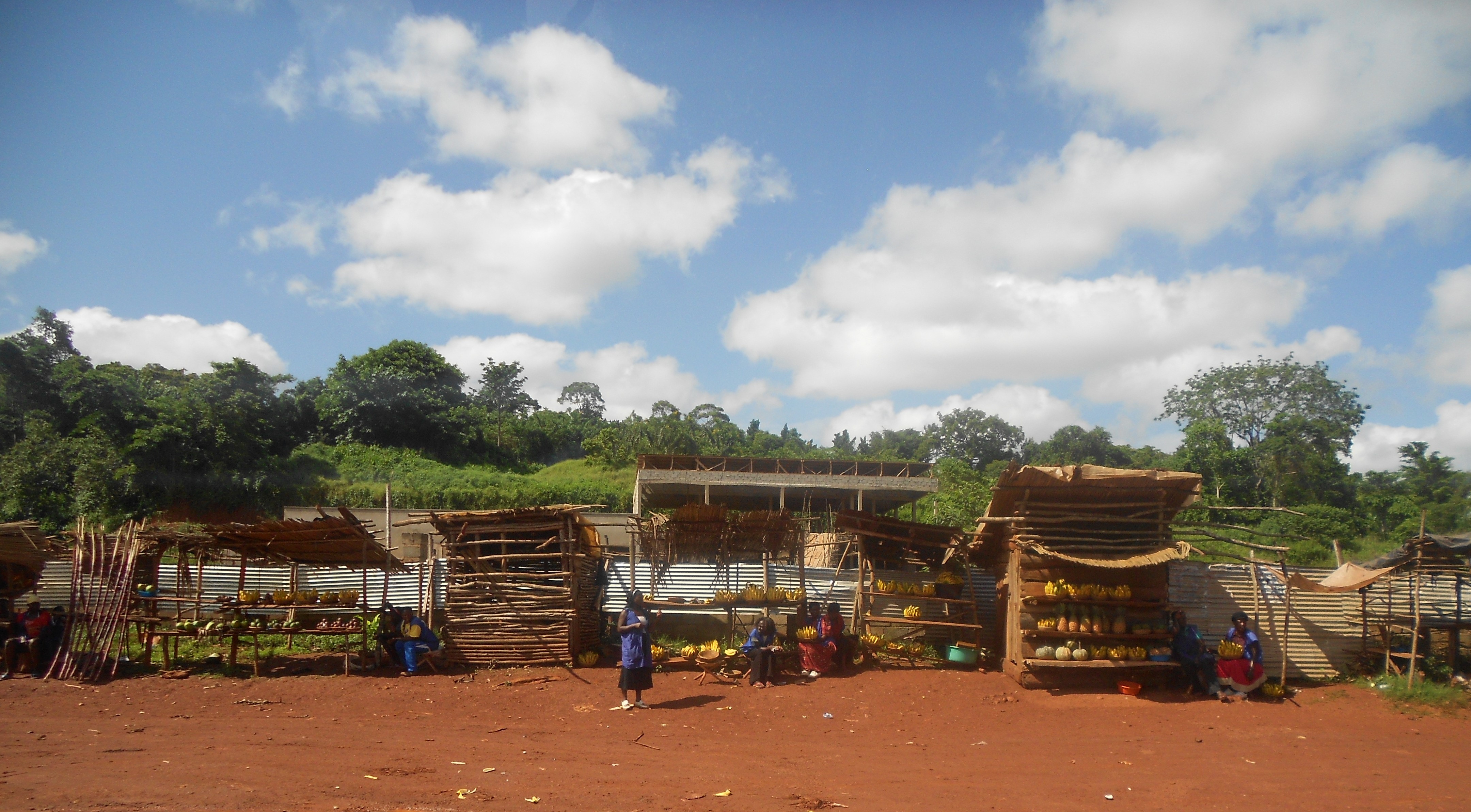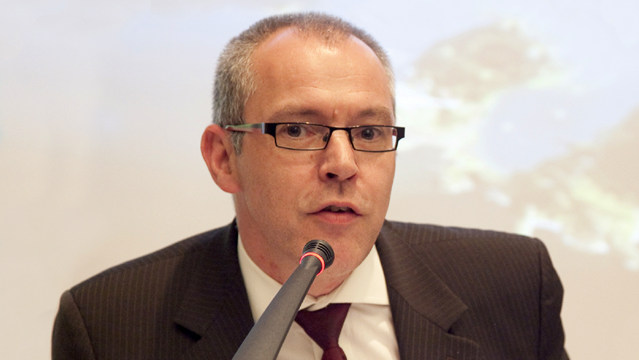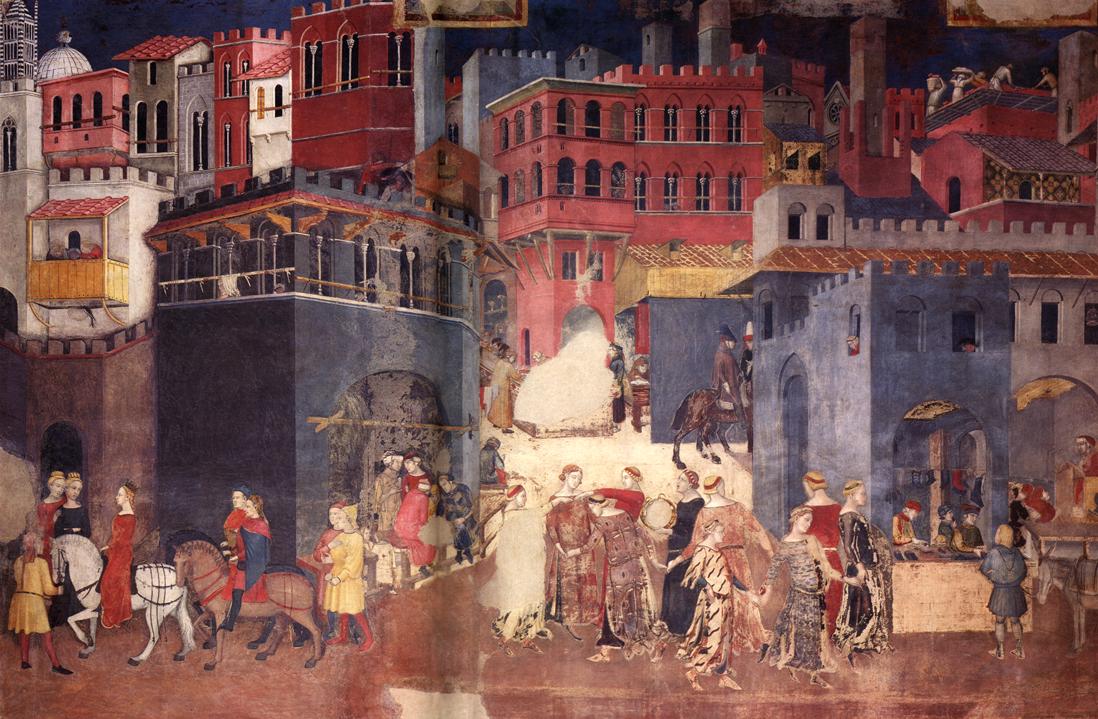The Europe of Tomorrow
![images[8]](https://www.international-advice.org/wp-content/uploads/2017/07/images8-1.jpg)
This is the topic on which I have been working these past few months.
Last March, the European Commission published a White Paper on “The Future of Europe”. The issuance of this White Paper coincided with the celebration on 25 March of the 60th Anniversary of the EC Treaty, which was signed by the six founding countries in Rome in 1957.
For the President of the European Commission, Jean-Claude Juncker, this White Paper “is the contribution to a new chapter of the European project” and the means for “launching a process in which Europe determines its own path”. To this end, Juncker calls for a “broad debate across our continent in the months to come, including the European Parliament, national parliaments, local and regional authorities, and civil society at large”.
With a view to preparing our common future, and in response to Brexit and the shock wave it generated, CEMR had already, in 2016, put together a reflection group on the Europe of 2030, made up of representatives from all its national associations. Simultaneously, a survey was carried out throughout Europe: what kind of Europe do local and regional elected representatives, who are the political actors closest to citizens, want? Which policies are the ones they consider a priority? I conducted this survey and collaborated with CEMR on the preparation of a publication to be released in Brussels in October (for more information, please contact CEMR: www.ccre.org).
So, in the meantime, I would not want to give away too many details about the contributions and the vision of the actors themselves, whose positions will be made public at the Conference in Brussels this autumn or in the publication itself!
For now, I will just say that I found the interviews and contributions from the approximately 40 mayors and local and regional elected representatives from all over Europe to be fascinating, especially for the passionate Europhile that I am, and that this exercise allowed me to see things more optimistically! These interviews confirmed that there is a collective awareness of the need to remain united, joined in solidarity and to act together!
This determination can be seen everywhere, from the north to the south of Europe, east to west, in the accession countries, or in those who dream of becoming accession candidates, because the European project is the only one of its kind in the world. It remains a far-off mirage for the rest of the world, for those who are not part of this project; we do not realise this! So then, how can we understand, and thus accept, the remarks of Europe’s detractors who point to “Brussels” as the source of all evils?
As part of a reassessment of the European Union, where societies are undergoing an economic and identity crisis that has encouraged populism and a return to national self-interests,

the European Commission’s White Paper lays out five possible scenarios for the future of Europe.
The first scenario – carrying on – whereby the EU27 sticks to its course, focuses on implementing and upgrading its current reform agenda and, consequently, continuing with its joint agenda for action.
The second scenario – nothing but the single market– acknowledges that the EU27 has not been able to reach the agreements necessary to work together in many policy areas and therefore proposes to concentrate more on furthering certain essential aspects of the single market, given that there seems to be no shared resolve amongst the different countries to work together in areas such as migration, security or defence.
The third scenario – those who want more do more – considers the case in which the European Union allows those Member States who wish to further cooperative efforts in specific areas to do so. These areas may include defence, internal security, taxation or social matters.
The fourth scenario – doing less more efficiently – simply looks at the case where the European Union focuses its efforts on selected policy areas, thereby delivering quicker results, while reducing its involvement in other sectors. Personally, I believe that this would be the worst-case scenario for the EU to consider!
Conversely, the fifth scenario – doing much more together – seems to me to be the one that we must wish for our future! It presents the possibility whereby the European Union opts to do much more together across all policy areas. Amidst a context where there is consensus that neither the EU27 as it is, nor the European countries on their own, are well-equipped enough to face the challenges in the world, the Member States decide to share more power, resources and decision-making across the board.
Europeans are called on to take up a position. During a time of crisis like the one we are facing, it is necessary to keep in mind what the European Union represents for the continent of Europe, to recall the challenges that await us tomorrow and to highlight the role and place of Europe in the world in the 21st century.
Some statistics: whereas Europe’s population in 2015 represented 6% of the global population, it will only account for 4% in 2060 even though it made up 25% of the population of our planet in 1900. Europe’s share of the global GDP is in decline; it represented 26% in 2004 and 22% in 2015 (like all the western countries in fact), while China went from 5% (2004) to 15% (2015). In 2030, Europe will have the oldest population in the world, with a median age of 45.
And yet, European society remains the most egalitarian in the world, with the most progressive social security systems anywhere. Europe has the biggest single market in the world, and the second most widely used currency. It is the biggest trading power and the largest donor of development assistance and humanitarian aid. Europe holds a lasting attraction for its partners.
Europeans must look at the facts and realise that we cannot do alone that which can be achieved together.
The Europe of tomorrow will need to be one of solidarity, cooperation and Union, not only economical but social and political as well. It will have to be united and speak with one voice. After the two conflicts that shattered our countries and the whole world in the first half of the last century, it is the project of European unification that has ensured peace on our continent these last seventy years. This must not be forgotten! On the contrary, it is something that must be constantly recalled!




 All news
All news
